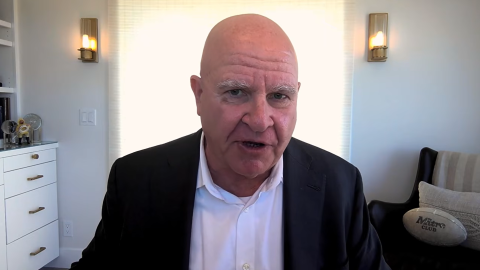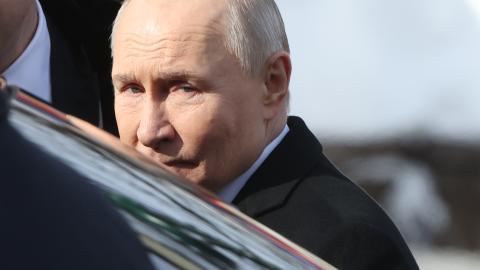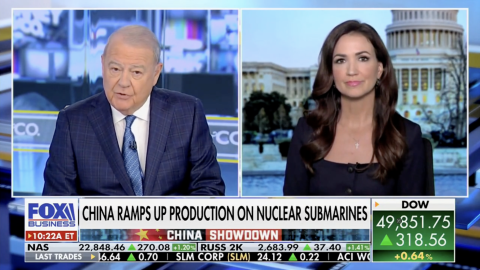

Caption
'Fox Camp': Logistic base for US Marines in Kuwait, March 13, 2003. (Gilles BASSIGNAC/Gamma-Rapho via Getty Images)
Related Events
25
February 2026
In-Person Event | Hudson Institute
“Iron Curtain” at 80: Why the Special Relationship Is Essential to Defeating the New Authoritarians
Featured Speakers:
Rt. Hon. Priti Patel, MP
Daniel Kochis
Joel Scanlon
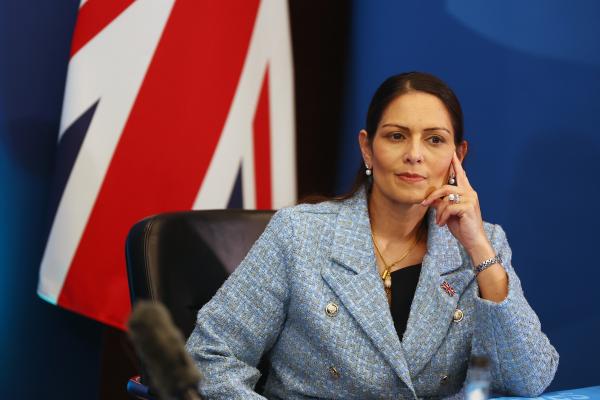
25
February 2026
In-Person Event | Hudson Institute
“Iron Curtain” at 80: Why the Special Relationship Is Essential to Defeating the New Authoritarians
UK Shadow Secretary of State for Foreign, Commonwealth, and Development Affairs the Rt. Hon. Priti Patel, MP, will join Hudson for a conversation on the future of the special relationship and what the adoption of a conservative foreign policy would mean for Britain and the transatlantic alliance.
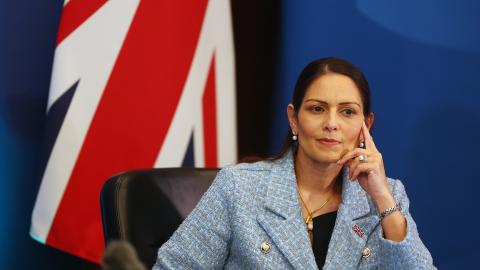
Featured Speakers:
Rt. Hon. Priti Patel, MP
Daniel Kochis
Joel Scanlon
03
March 2026
In-Person Event | Hudson Institute
A Strategic Response to Sino-Russian Cooperation: Perspectives from Europe and the Indo-Pacific
Featured Speakers:
Nishank Motwani
Patrick M. Cronin
Justyna Szczudlik
Moderator:
Masashi Murano

04
March 2026
In-Person Event | Hudson Institute
Securing America’s Critical Mineral Supply Chain: A Conversation with Congressman Rob Wittman
Featured Speakers:
Mike Gallagher
Congressman Rob Wittman

04
March 2026
In-Person Event | Hudson Institute
Securing America’s Critical Mineral Supply Chain: A Conversation with Congressman Rob Wittman
Join Distinguished Fellow Mike Gallagher and Congressman Rob Wittman (R-VA) for a discussion on the congressman’s recently introduced Securing Essential and Critical US Resources and Elements (SECURE Minerals) Act and Congress’s role in securing America’s economic security.

Featured Speakers:
Mike Gallagher
Congressman Rob Wittman
19
February 2026
Past Event
The Economic Case for the US-Israel Partnership with Minister of Economic Affairs Noach Hacker
Featured Speaker:
Noach Hacker
Moderator:
Michael Doran




















